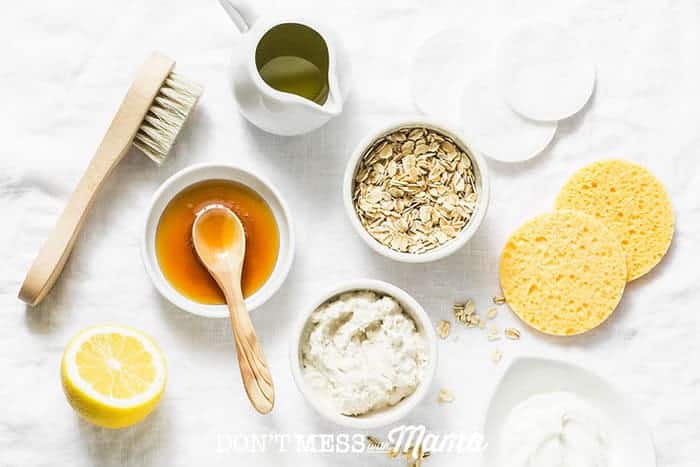--What does the promo say?--
"Ellis Lights are much more than just highlighters. Although liquid, they dry upon application. Lights have a wonderfully smooth finish, so you won't feel any stickiness and you'll avoid those pesky eyelid creases. To create the illusion of metallic eyes, both as a fully coloured eyelid, or used topically. In combination with Creamy Eyes, the Lights give infinite possibilities to play with shadow and light – which is exactly what applying makeup is all about."
--Packaging--
Ellis Faas continues to provide a modern and innovative pen-style applicator made of high-shine metal. Just twist the end of the pen to make the eyeshadow appear in the brush.
--Application--
The Ellis Faas website advises: "Use the brush to paint on the Light over any ELLIS FAAS eye shadow, even though it can also be used on its own. For the strongest effect of metallic intensity, let the Light dry where you have painted it on the eyelid. For a more subtle effect, dab it with your finger before the Light has dried completely." These methods prove easy, fun and versatile in all their incarnations.
--Appearance--
Shade E306, which I was kindly sent by Ellis Faas' PR, is a gorgeous subtle shimmery beige that's a lighter shade of gold, perfect for those hoping to strike a classy note this party season. Needless to say, I now want to try *all* the others, from the unusual Holographic Bordeaux to the elegant Antique Silver. Wears well alone or combined with Ellis Faas' other eyeshadow ranges.
--Texture--
The liquid shadow dries powder-light, with no grittiness.
--Longevity--
Don't worry about your Christmas or New Year's party: this will see you through the night and into the morning with not a crease in sight.
--Value for money--
Would make a stunning gift for others or yourself - anyone who loves a touch of sparkle will love this, and a little goes a long way, thoroughly justifying the price tag.
perfect partners
Glazed Lips, €27
Creamy Eyes, €28













